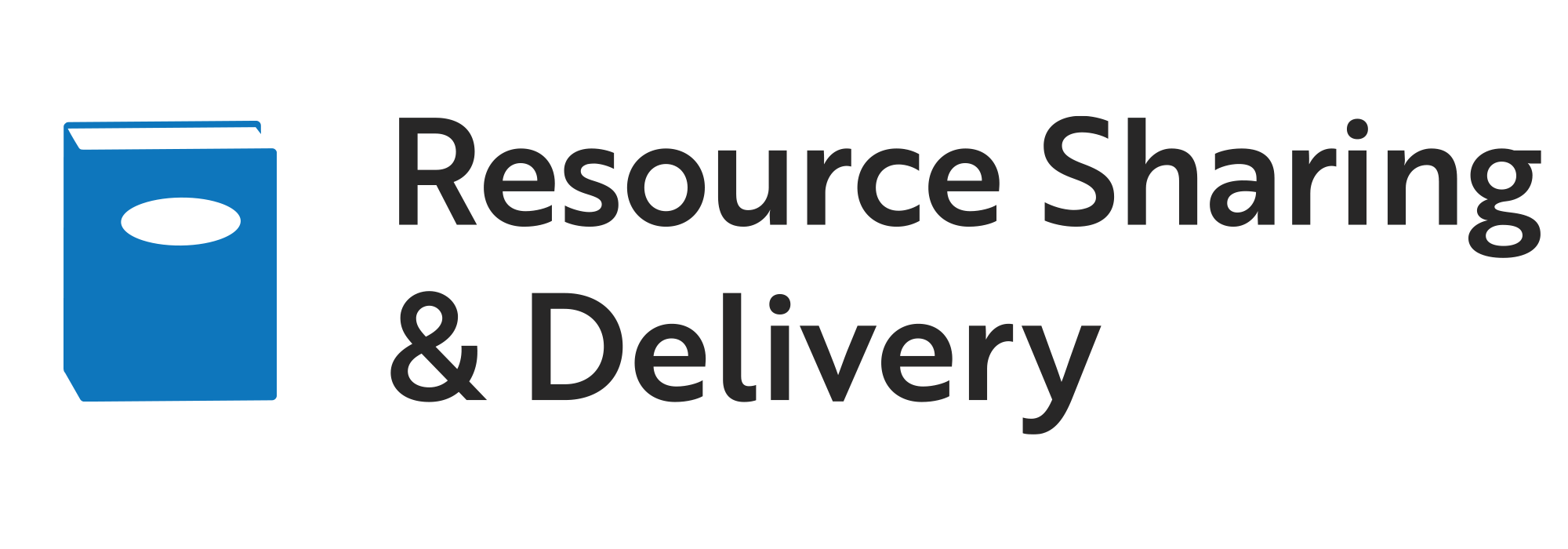by Carol Nelson
Quick Summary
Some tips to ensure successful communication about interlibrary loan requests...

The majority of our interlibrary loan transactions go smoothly, resulting in items supplied quickly for our happy patrons. When a transaction doesn’t go as designed, things can get a bit more complicated. Our interlibrary loan systems aren’t designed to handle every issue that might come up with a request. Phone calls and email between patrons and libraries fill a lot of the information gaps for us. As interlibrary loan staff we need to be great at communicating with patrons, other libraries, and co-workers in other departments. Here are some tips to ensure successful communication about interlibrary loan requests.
When contacting patrons:
Does your patron have a preferred email account? Is it possible for you to use it for notifications?
Patrons with multiple email accounts don’t always check each one daily so make sure to let them know what email address will receive notifications. This is especially helpful when you cannot use their preferred address.
Would your patron prefer notifications via text message?
OCLC WorldShare ILL, Tipasa, and ILLiad all now offer this feature.
When contacting other libraries:
Do you use a departmental account instead of a personal email address?
When available, try to use the departmental account rather than an individual’s email address. Departmental accounts are usually checked often by multiple staff and get immediate attention. It will ensure that an individual doesn’t miss your message or feel obligated to respond to a work concern when they are ill or on vacation. To send a message to Minitex about a request use docdel@umn.edu.
Are you using the title of the item and/or the ILL number in the subject line?
How easy do you make it for the other library to locate the request or item? “Need help with a request” or “Can I ask you a question?” won't help the receiver determine what you need. It also makes it difficult to locate that request if someone needs to search again for it at a later date. Include as many identifying details as possible in the subject line. Consider using the request number, the author, title, or record number. For Minitex requests, it is also helpful to add the system you are using, such as Aleph, Alma, VDX, OCLC, Wiscat, etc.
Do you get to the point? Is your message easy to read?
While the story behind why your patron needs a particular item is often fascinating, remember that the responder may find it easiest to help you if they only have details they need to answer your question.
Do you reply all?
If you have more than one address in an email thread, make sure everyone is seeing your responses.
Do you include all your questions/needs in an easily readable format?
Do you need information about a bill, but you also need the institutional W-9 to pay it? Use bullet points to make it easy for the reader to see each question or request you have.
When contacting other staff at your library:
Do you state all of your needs up front?
Someone working in archives may not understand the system deadlines that we have for interlibrary loan transactions. Don’t assume that co-workers know your deadline or the ILL system's jargon. Explain things in everyday terms, and if you need a response today or tomorrow, let the staff member know that up front.
At the OCLC Resource Sharing Conference in Jacksonville in March, Kay Westergren from the University of Minnesota Duluth and I will be presenting the session “Time Well Spent, Fine Tune your Communications to Improve Customer Service and Efficiency.” If you have developed templates or canned response emails, if your library is texting patrons, or if you have other communication ideas I’m interested in hearing about it. Please contact Carol Nelson to share your tips.



